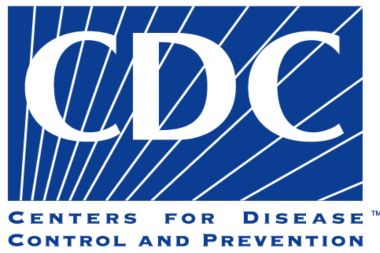After a couple of light seasons (presumably due to hygiene precautions designed to reduce spread of COVID-19), a full-force return of seasonal influenza was expected. What may not have been expected, however, is that said return of flu would occur well past what we consider the “season” to be. That’s exactly what’s happening in Florida right now, though—and the surge is coinciding with recent outbreaks of respiratory syncytial virus, as well. All told, there have …
Read More









